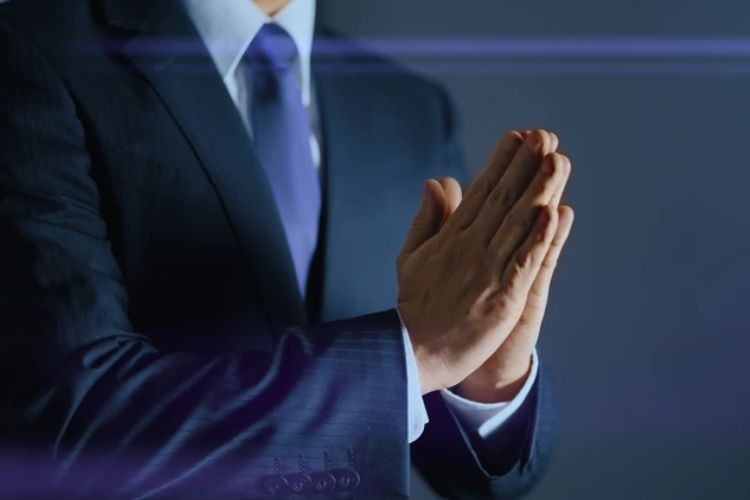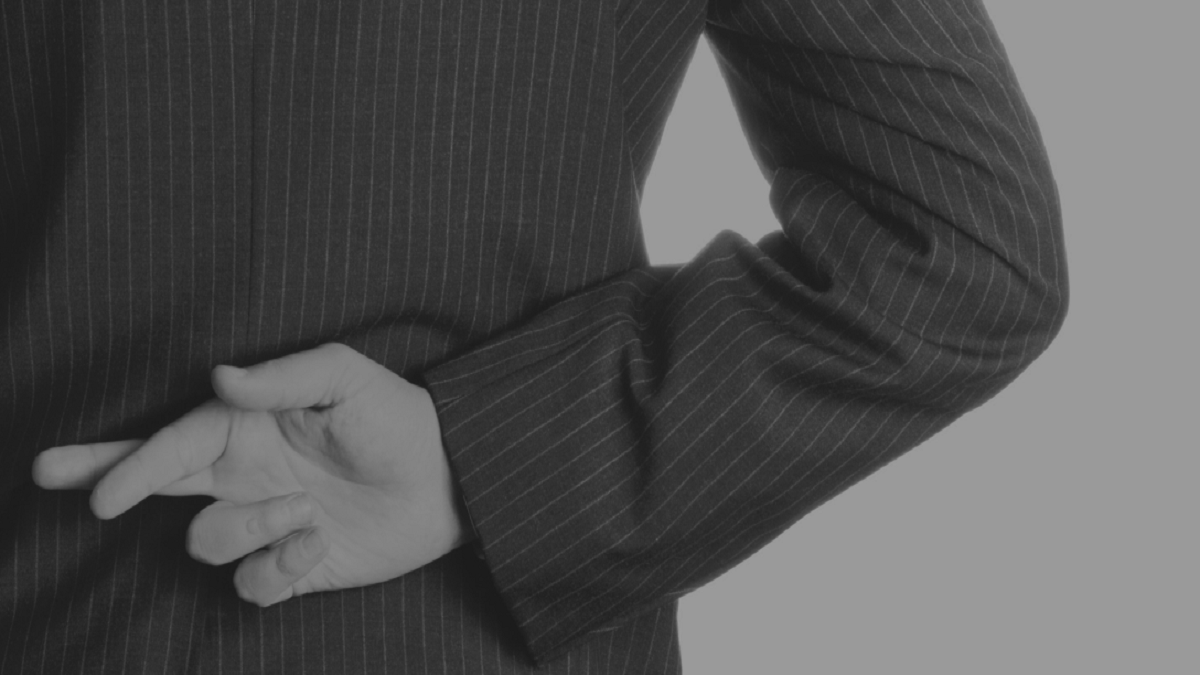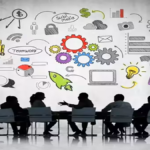Although offering an apology may be a crucial step in repairing relationships with others, it’s OK to feel conflicted about them. When we wounded someone as kids, some of us were made to apologize by force, while others of us voluntarily apologized and felt better right away. While some people feel embarrassed about us for saying sorry, others don’t feel guilty until we’ve done it. Even though a well-known film from decades ago said that “Love means never having to say you’re sorry,” in a relationship, never saying sorry is a sure way to end it. That is the Power of Apologizing.
This article explains the value of saying sorry and explains when it’s appropriate to do so. It also covers why saying sorry may be so challenging, as well as practical advice on how to do it more successfully.
Benefits of Apologizing

1. Relationship Norms Are Established By Apologizing
One Power of Apologizing is that it establishes relationship rules. Breaking social norms, ranging from queue jumping to legal infractions, demonstrates your understanding of what the “rules” are and your agreement that they should be followed.
This reassures people that you, too, think that cruel behaviour is unacceptable.
2. Express Regret And Restore The Dignity Of People You Have Hurt
Consider this to find out Why It’s Important to Apologize. Informing the person who was hurt that you recognize that it was your fault and not theirs makes them feel better and helps them maintain their composure.
3. Apologizing Helps Repair Relationships
An apology helps individuals feel comfortable with each other again by starting a conversation. It also helps in expressing how much you cherish the partnership.
4. Apology Proves You Are Strong Enough to Admit Your Mistakes
The power of Apologizing is that it helps people to see that you are strong enough to admit your mistakes and take full responsibility for them. It is very easy to go into denial mode or try to start a blame game after committing an error. But it takes true mental strength to admit that mistake and try to mend it.
When you apologize to people for your mistake, they understand your inner strength to admit your faults. That makes you even more admirable in their eyes. They will be willing to ignore and forget your mistake with this display of your courage, honesty, and integrity.
5. Apologizing Helps To Stay Emotionally Connected
We may maintain an emotional connection with our friends and loved ones by apologizing. Although admitting we have harmed someone may make us want to keep our distance from them, once we have apologized, we feel more comfortable being open and personal.
6. By Apologizing You May Lose The Battle But Win The War
When it comes to partnerships, you have to take a long-term view. There will be many conflicts and disagreements in our relationships at work and home, and if we battled tooth and nail to be right every time, we would burn out from tiredness.
Sometimes, even when you’re correct, it’s preferable to concede and lose the little war—maintaining peace, finishing the project, etc.—to win the larger one. That’s a crucial answer to Why It’s Important to Apologize.
7. Apologizing Repairs Trust
You may tell others you regret what you did and won’t be doing it again by offering a heartfelt apology.
This communicates to others that you are the type of person who, on the whole, takes care not to harm other people and prefers to dwell on your best qualities rather than your worst transgressions.
8. Apology Helps To Avoid Unnecessary Conflicts
If you think carefully, you will discover the conflicts and disagreements you have faced to date; almost 50% of those could be avoided with a simple apology. Now, you may think, “Why should I say sorry? I have done nothing wrong”. You are correct in your place.
Then, think again how much time and energy has been wasted by engaging in those conflicts. You may have won some or lost some. Still, did anything fruitful come out of those conflicts? Probably not.
Now, think about how you could use that wasted time and energy to bring some positive effects into your life.
Tips for Apologizing
Often, apologizing dishonestly does more harm than good. In order to really harness the Power of Apologizing, it’s crucial to include a few essential components in your message.
Consequences of self-monitoring and various forms of apologies for nonverbal behaviours. They should support you in keeping joyful, healthy bonds with your loved ones, family, and friends.
Accept Accountability for Your Deeds: You don’t have to accept blame for things that happened that weren’t your fault in order to apologize. While it’s OK to apologize for inadvertently offending someone, you don’t have to justify your conduct by saying you “should have known better” if you believe you had no way of knowing they would be offended.
While accepting responsibility may also require subtly bringing up actions you feel were right on your part, it is equally necessary to identify what you did that you believe was wrong. By doing this, you shield yourself from the perception that if you apologize first, you are accepting blame for the whole of the disagreement or at least the majority of it.
Say You’re Sorry: Don’t attempt to justify your apologies or provide justifications. Instead, just say, “I’m sorry.” Refrain from using the apology as a justification for criticism or escalating the dispute.
Make It Simple: A simple “I am sorry that you felt that way” might serve as an apology. It’s not always necessary to admit fault in order to offer an apology. Alternatively, it may be an admission that you have harmed someone else.
Accept Their Feelings: An apology may sometimes escalate into a new dispute when you disagree with the other person. ( “I am sorry but….” ). Recognizing that you have wounded someone else and their emotions are hurt might help you avoid getting into a situation like this.
FAQs
Q: Does apologizing often show me as a weak person?
A: Apologizing to avoid unnecessary conflicts shows you are wiser than weak.
Q: Why should I always be the one to apologize?
A: It is not advisable to always say sorry if you are being convicted unfairly. Sometimes, it is also vital to hold the stand.
Q: Can someone forgive me after I apologize?
A: If you apologize sincerely, most people forgive.











